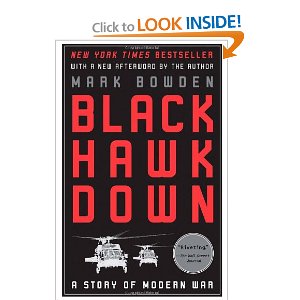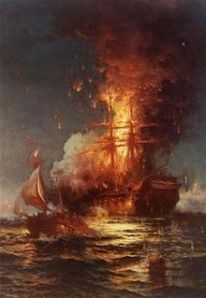Last week I related how I was gently returning to the saddle of working on my current novel, The Other Side of the Sky or my “Work In Progress,” by means of with five tasks that I pursued in 15 minute increments:
Task 1: write in my log or do morning pages
Task 2: Declutter organize the office (this project is coming along nicely. Soon I may not have to devote any time to decluttering the office)
Task 3: Read something about writing (I’m reading my old log from 2000)
Task 4: Answer fan letters
and now Task Five: do something that specifically relates to Sky.
Last week that was writing a nonstop — fast, stream-of-consciousness writing capturing my thoughts about the book at the moment. It was also looking through one stack of 3×5 cards, each with a question and jotted answers on it relating to basics of the book. I got these from a Writer’s Digest article (Feb 1992) by Jack Bickham called Short Story Blueprint, and have used them to start off every book I’ve written. Questions like,
1. What kind of story is it? — in this case, Sky is an action/adventure, science fiction/allegory with romantic subplot…
2. What is the setting? — alternate world, underground civilization without connection or direct referents to earth. Thanatos is the name of the empire, and yes, it might be clichéd, most people might know that Thanatos is Greek for death, but right now, I don’t care. I love the sound of it. Like the sound of its inhabitants, as well: Thanosians…
3. In what time period is it set? — irrelevant since it’s a created world, but the culture will be Roman flavored.
4. Who is the main character? — Lucius Tyrus Meranius aged 24 at the start; ten years later called Talmas. A former aristocrat and decorated soldier in line to be made heir, betrayed unto death, but survives to become an Ouranian. He returns to his family and home city only to be betrayed again and for the bulk of the book is a slave to the Delphenian Ambassador.
A secondary main character is Nolenius Iylantia or Iyla, daughter of the Delphenian Ambassador.
The remaining questions are:
5. What is the main character like?
6. What does he want or lack?
7. Why is it vital to have this?
8. Who is the antagonist?
9. What is the antagonist like?
10. What is his/her plan? How will he fight the protagonist and try to thwart him?
11. Why is it essential to the antagonist’s happiness to fight the hero, persuade him to make the wrong decision or keep him from discovering what might bring him peace?
12. What secondary characters are there who help or hinder the hero?
13. What is the story’s time frame? Hours? Days? Weeks? Years?
14. How does the story start?
15. How does the story end?
16. What dramatic scenes do you envision?
17. Who will your viewpoint characters be?
All of the questions do have answers on the cards, but some of them are not answered very well. Seeing as they were intended to help with the generation of a short story (and for people who had never written one, at that,) and that not only am I writing a novel, but a complex one, I have to tweak them a bit — I have multiple antagonists, for example. I have a hero and a heroine. So I answer the same questions for each of them. I’m not exactly sure what the hero wants. I have an answer, but I’m not sure I like it. I’m also not sure why it’s vital to the hero that he gains what he wants.
I think sometimes this sort of exercise is helpful in jogging some thoughts free, but at the same time, for me the characters kind of have to show me. I can’t just say, he wants freedom. Or he wants a wife and family which he knows that as a slave he can never have… But there is value in setting down wrong answers, just as there is value in setting down right ones. If you set down a wrong answer, at least you know what you don’t want. Or if you can’t think of anything better, at least you can proceed with the not so good answer and see where it leads. Always it’s led me to where I want to be, though sometimes not until the third or fourth drafts.
Right now I know how the story starts. I have an idea how it ends. I know who some of my viewpoint characters will be… I have five chapters written, and some ideas for dramatic scenes…
Now I’m going back through it all, reacquainting myself with my characters and the world I’m developing.





